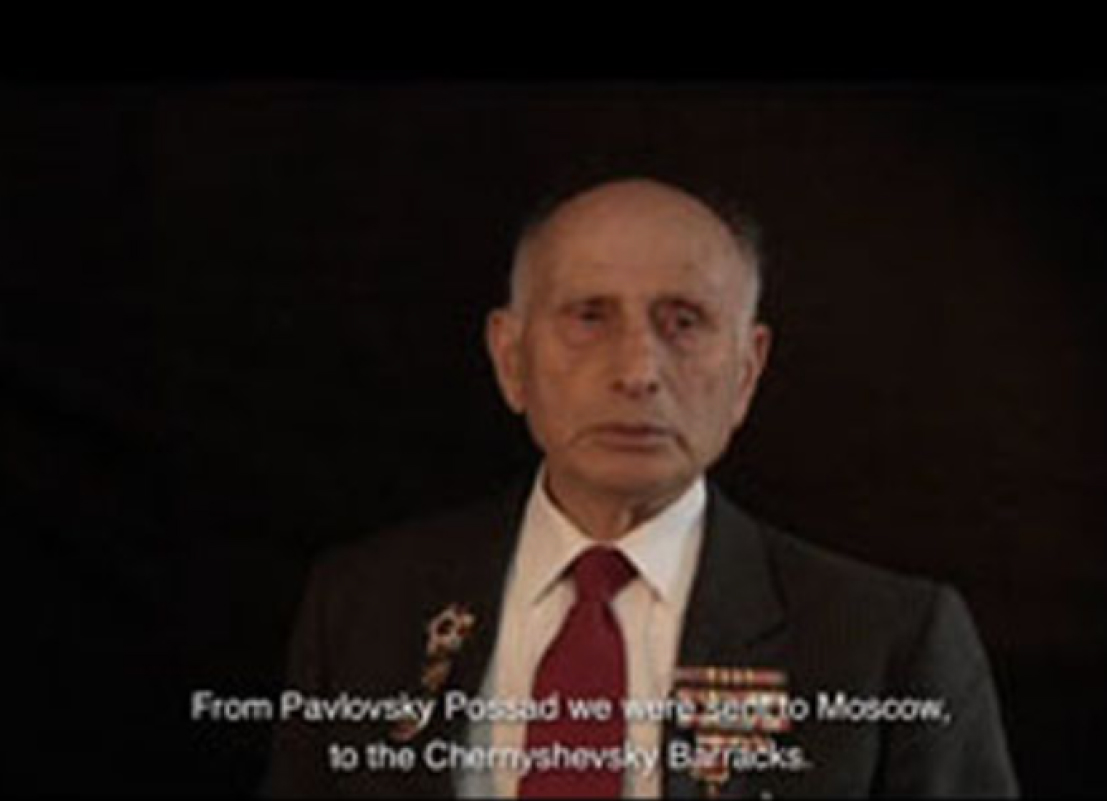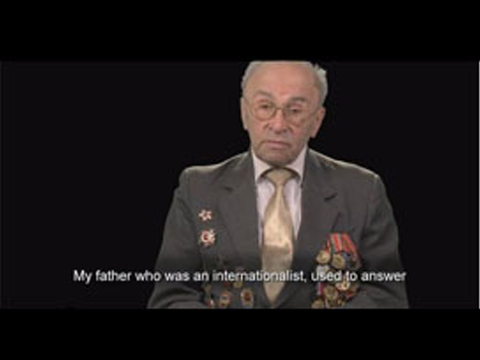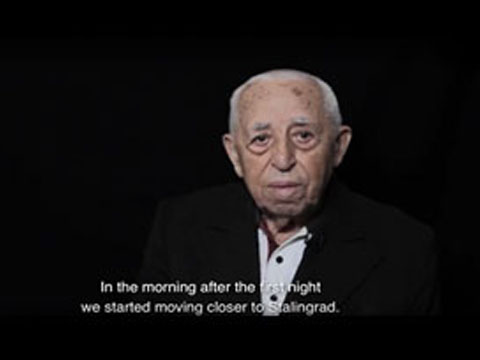
Yakov Chudnovsky
Born June 15, 1926 Pavlovsky Posad (Moscow Suburb), Soviet Union
Interviewed In: Vancouver, British Columbia
Medals Awarded: Order of the Patriotic War (1st and 2nd Class), Medal For Liberation of Warsaw and Victory over Germany In The Great Patriotic War


